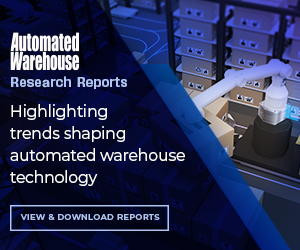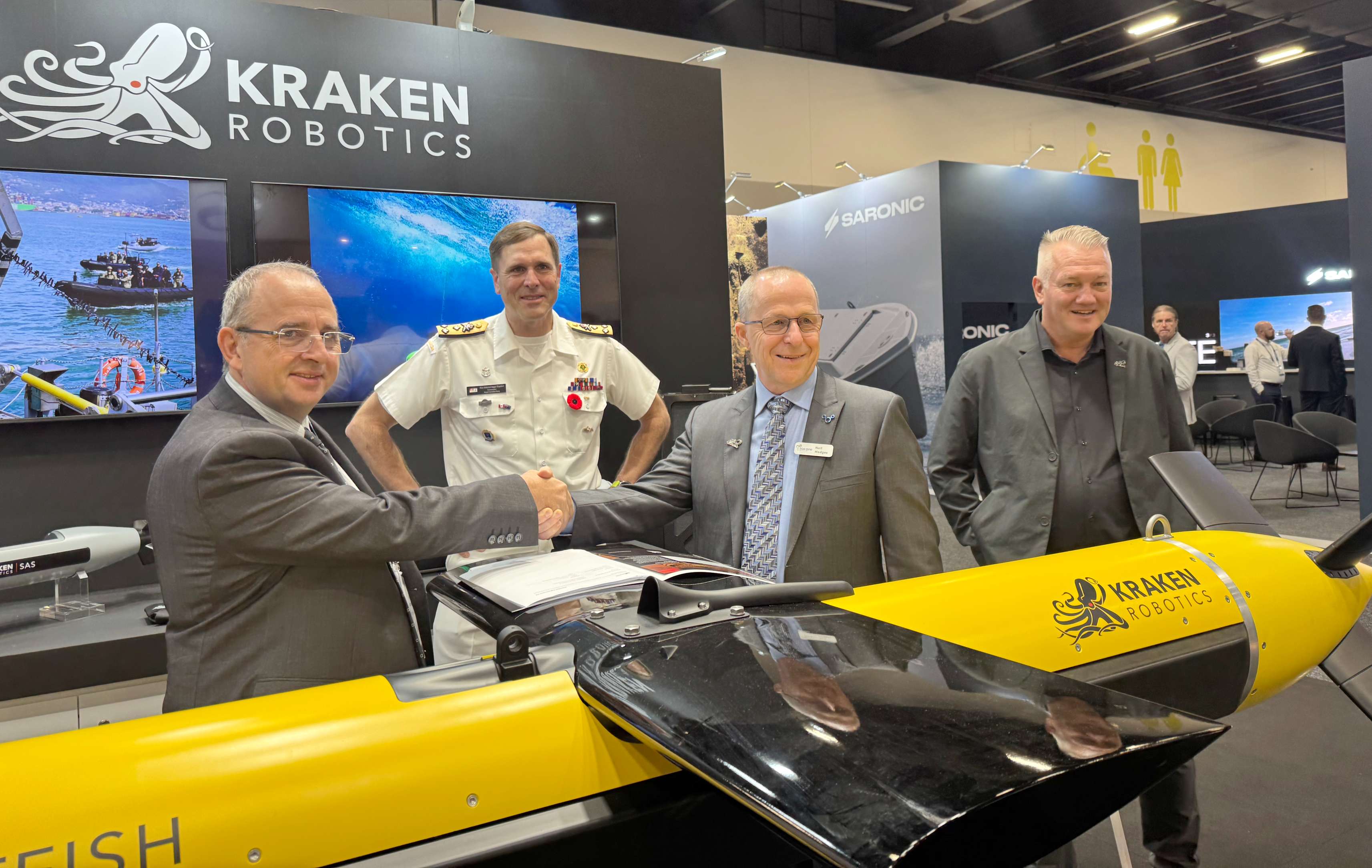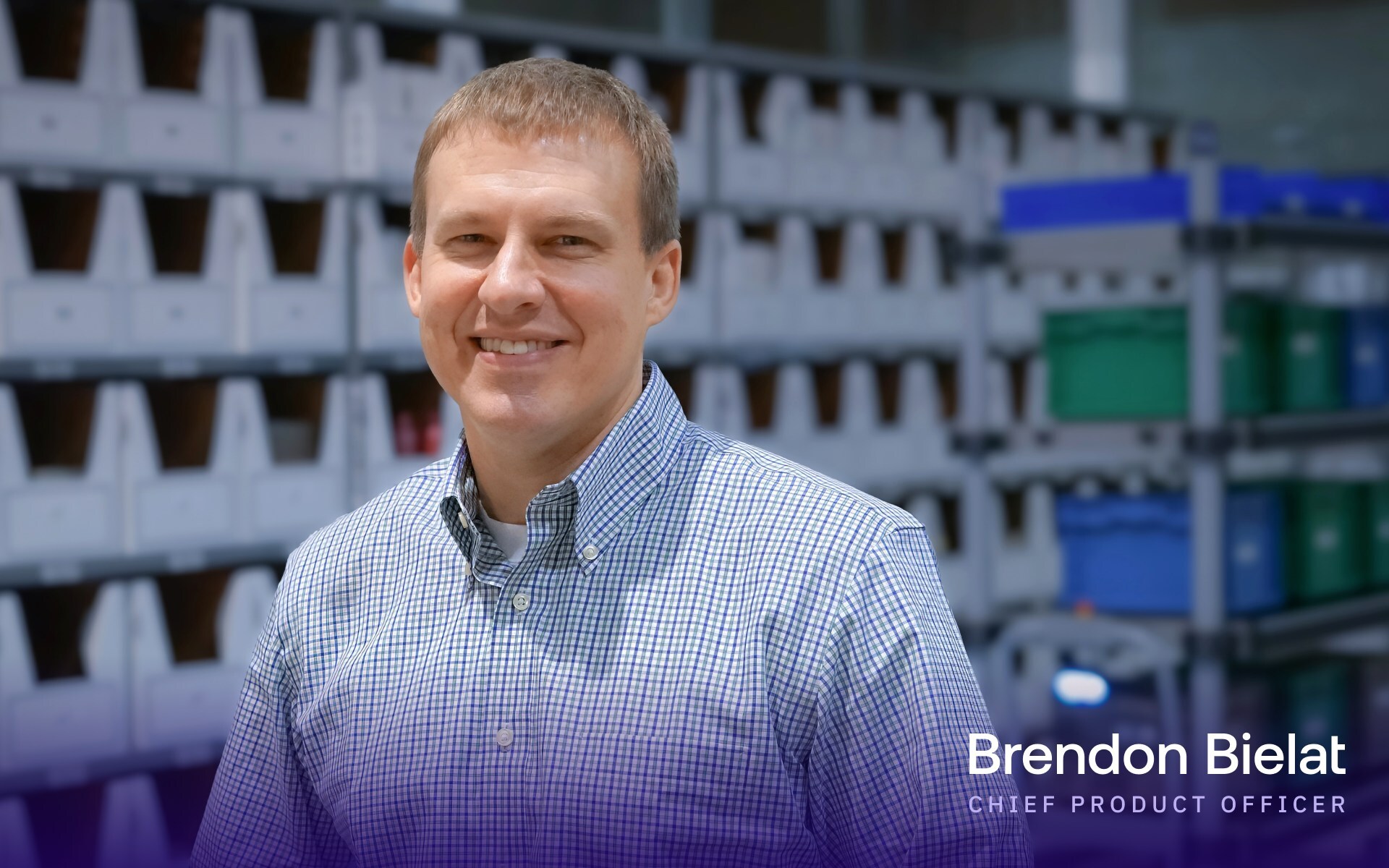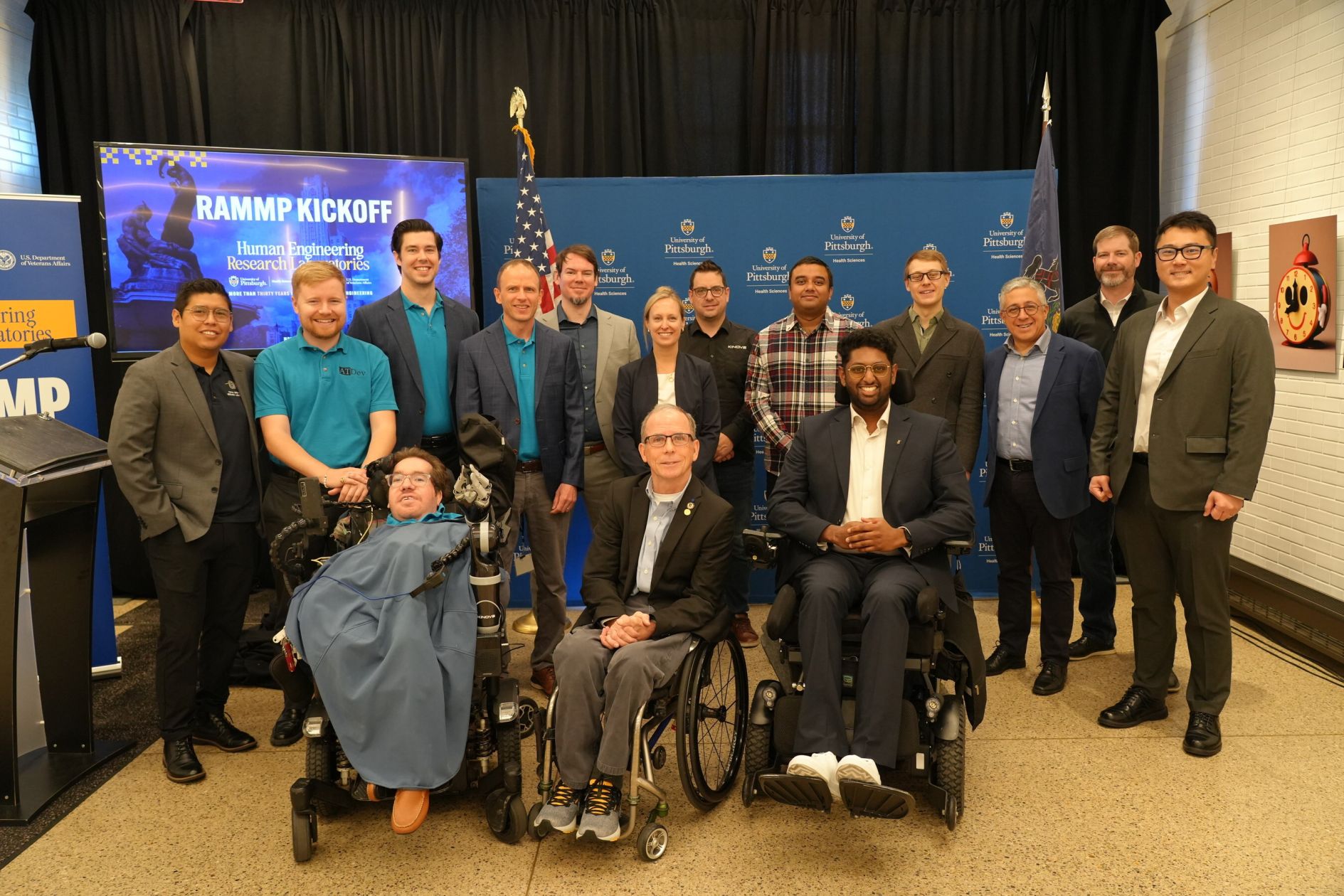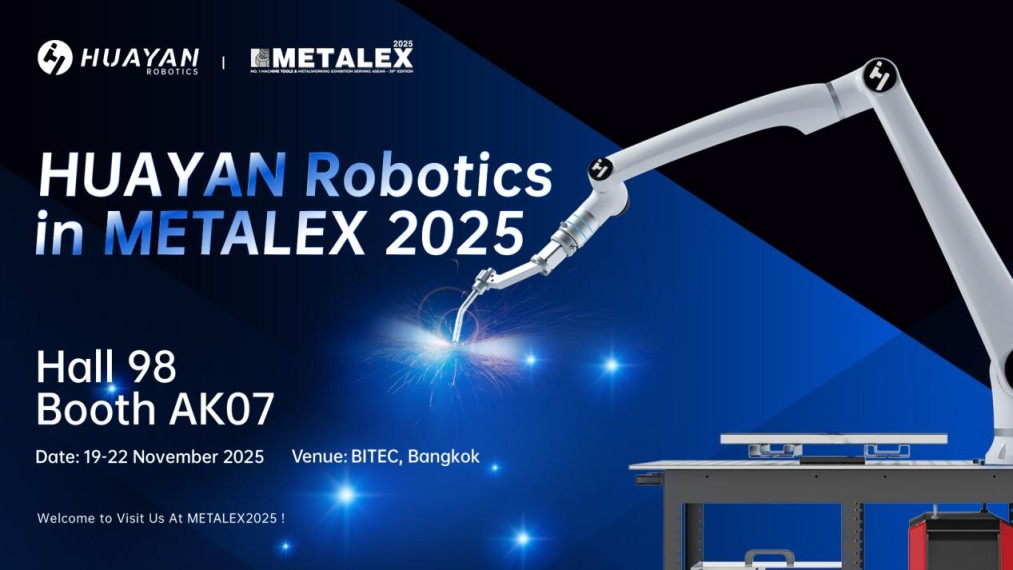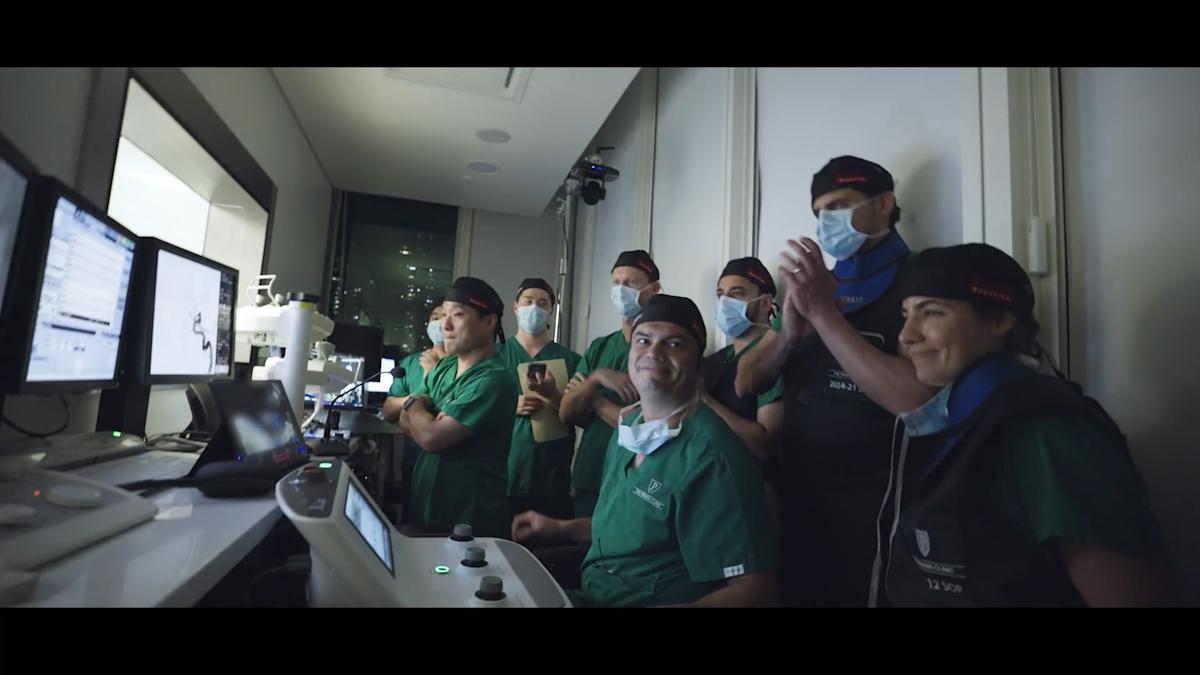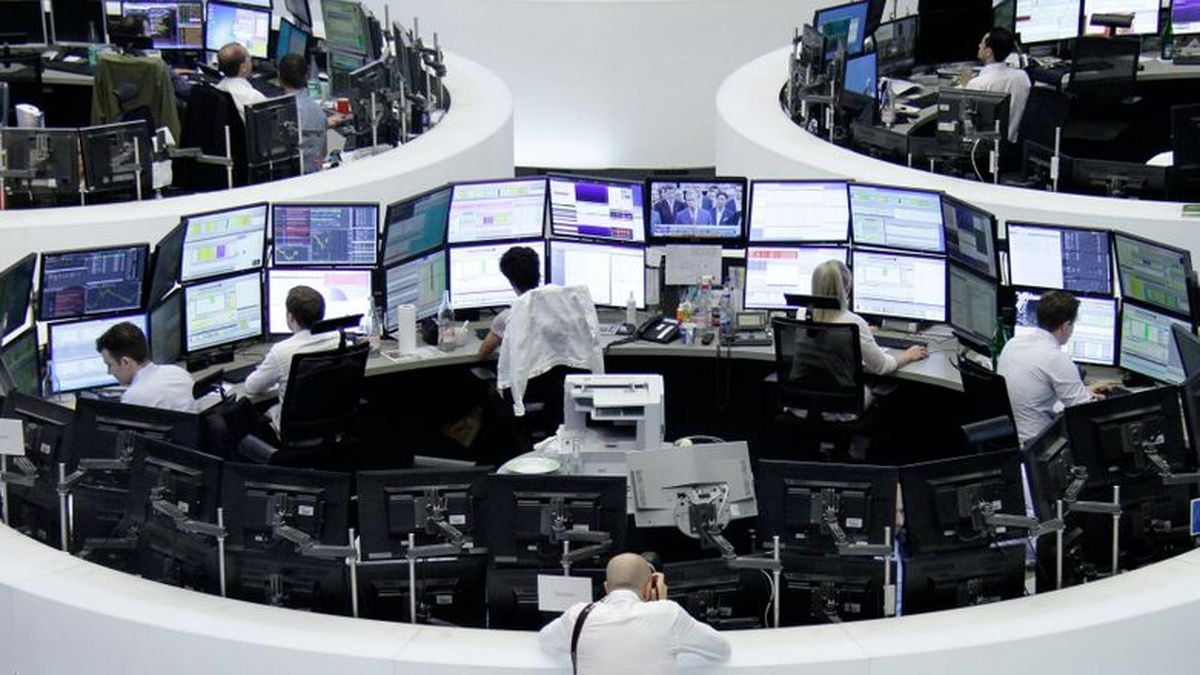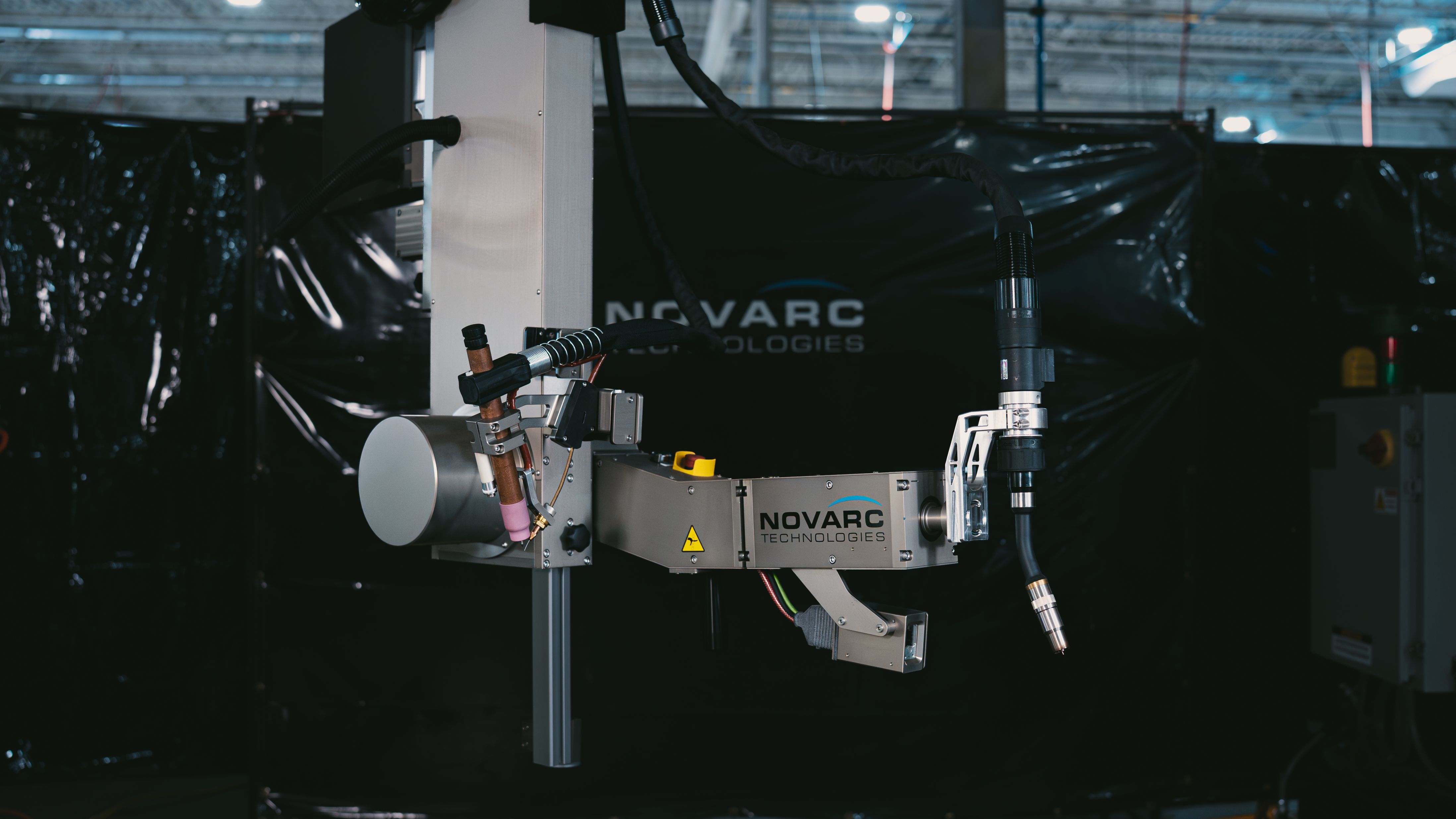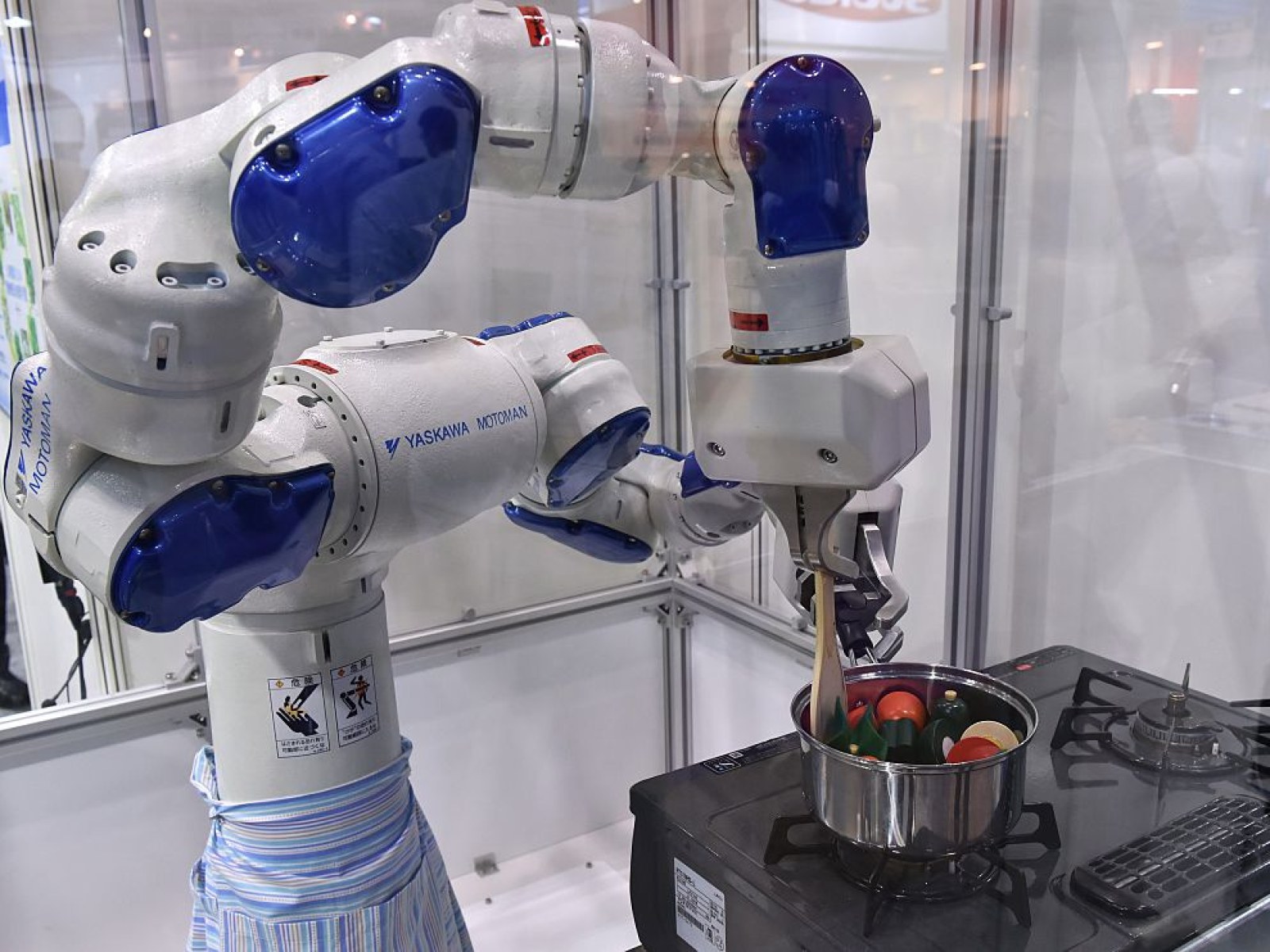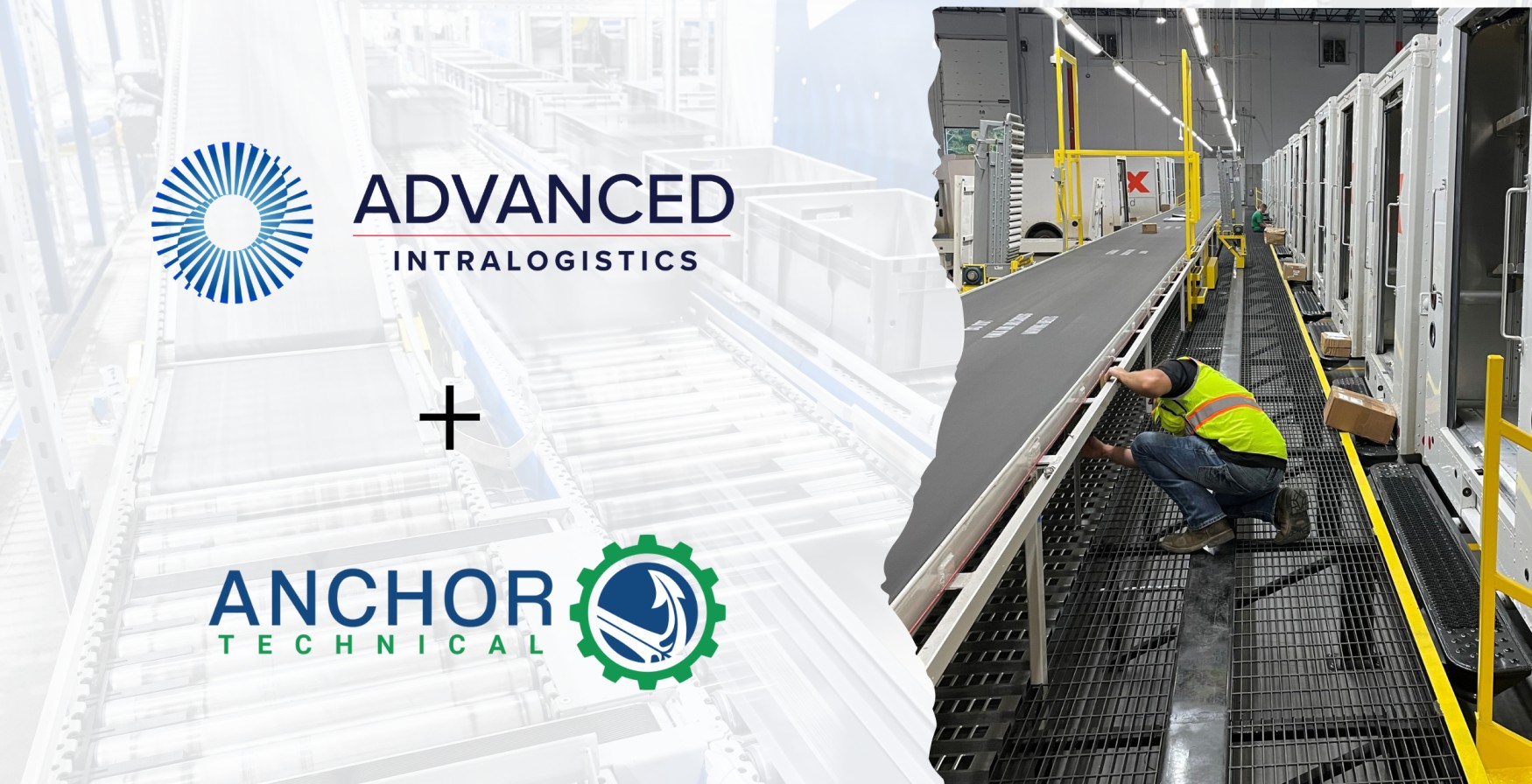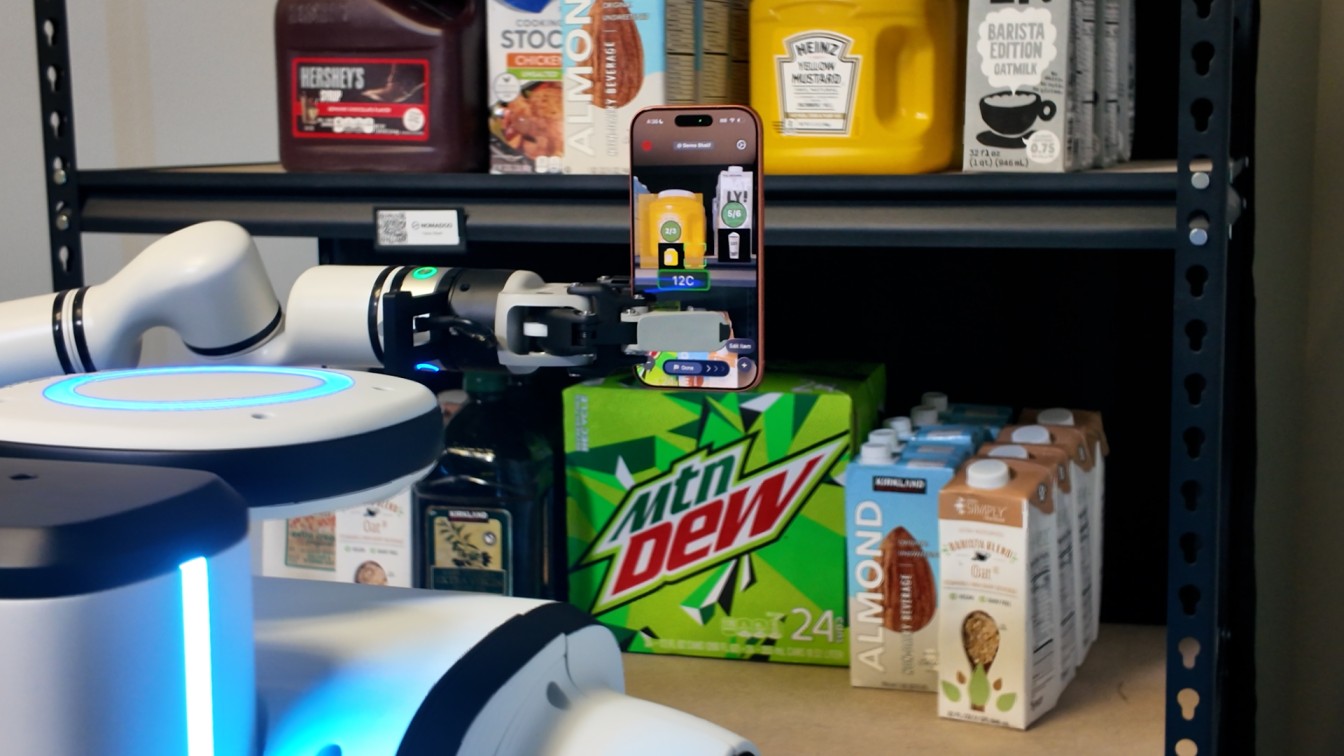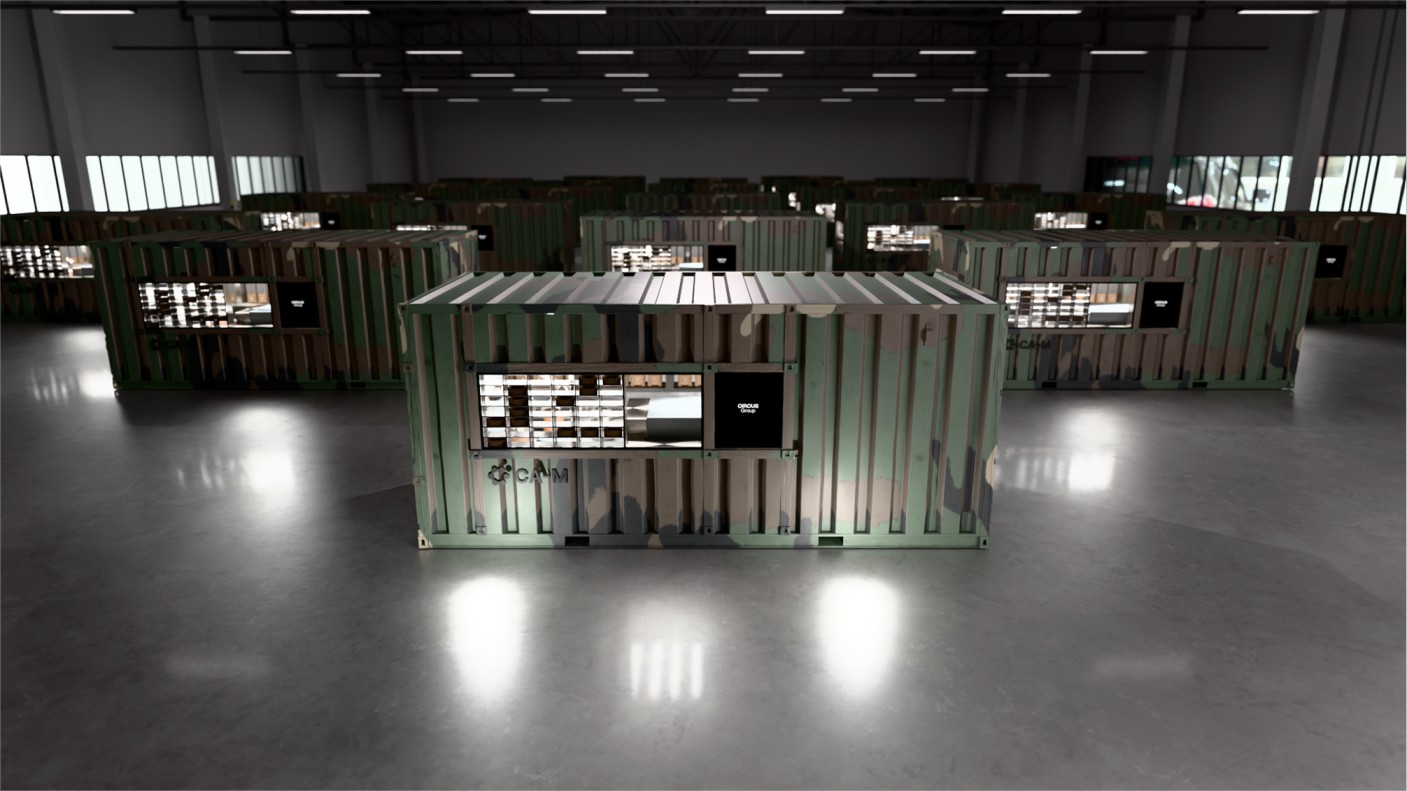Yango Group Rolls Out Autonomous Delivery Robots in Dubai’s Sobha Hartland
04 April 2025 | News | By ediitor@rbnpress.com
Nikita Gavrilov discusses how AI-powered robots are redefining last-mile logistics and supporting Dubai’s vision for smart, sustainable cities
In a forward-looking move aligned with the Dubai Autonomous Transportation Strategy, Yango Tech Autonomy—part of Yango Group—has launched its electric, AI-enabled delivery robots in the upscale Sobha Hartland community. Speaking to Robotics Business NEWS, Nikita Gavrilov, Regional Head for the Middle East at Yango Tech Autonomy, shares how these compact couriers are transforming last-mile delivery by integrating seamlessly with urban infrastructure, cutting emissions, and delivering orders in under 30 minutes. From navigating complex environments to gaining regulatory support from the RTA, Yango’s vision is clear: to scale sustainable automation across Dubai and beyond.
What inspired Yango Group and Roots to introduce autonomous delivery robots in Dubai’s Sobha Hartland?
Yango Group’s decision to introduce autonomous delivery robots in Dubai's Sobha Hartland reflects our dedication to innovation and efficiency in last-mile delivery. Dubai’s focus on cutting-edge technology and forward-thinking initiatives, such as the Dubai Autonomous Transportation Strategy, align perfectly with our vision. Aimed at converting 25% of transportation to autonomous modes by 2030, this strategy inspired us to bring our robotics and AI solutions to the region. Sobha Hartland’s unique urban setting is also the ideal testing ground that lets us refine our technology in real time to meet the needs of businesses and residents. Our partnership with Roots allows us to seamlessly integrate these technologies into daily life, providing sustainable, reliable, and efficient delivery services.
How do these autonomous robots contribute to sustainability and eco-friendly delivery solutions?
Our autonomous delivery robots run on electric power, which means they are free of carbon emissions and produce less noise than traditional vehicles. By reducing dependence on conventional logistics, these robots support eco-friendly urban infrastructure and help build greener cities.
What specific technologies and AI capabilities power these delivery robots?
Yango Group’s autonomous delivery robots use advanced AI for precise navigation and real-time decision-making. They are equipped with a high-precision city map to navigate the area and neural networks to recognize traffic lights, road signs, and other objects. The robots have a soft suspension with six driving wheels, so they can climb curbs up to 10 centimeters high. Each robot has a temperature-controlled 60-litre cargo compartment that fits multiple items, such as milk bottles, yogurts, fresh fruits, and pre-packed meals.
How will these robots integrate with existing logistics and delivery networks in Dubai?
Yango Group’s autonomous delivery robots are designed to seamlessly integrate into Dubai’s existing logistics frameworks. Specifically designed to deliver orders within a two-kilometre radius in under 30 minutes, the robots enhance traditional logistics networks by managing last-mile deliveries. Additionally, their size allows them to deliver orders to restricted areas that cannot be accessed by larger vehicles.
What challenges do you foresee in deploying autonomous delivery robots in urban environments?
Deploying autonomous delivery robots in urban settings presents challenges such as navigating complex road layouts, meeting regulations, and ensuring public safety. Urban environments are often dynamic, with unpredictable pedestrian and vehicle traffic, which means delivery robots need to react and adapt fast. Additionally, environmental factors such as extreme heat or dust can impact robot performance. Overcoming these challenges involves continuous testing, software updates, and close collaboration with local authorities to ensure compliance. We have already conducted extensive performance assessments to prepare for these challenges, and our robots are built to withstand the region’s unique conditions.
Are there any regulatory approvals or government partnerships involved in this initiative?
Yes, the deployment of Yango Group’s autonomous delivery robots in Dubai is closely aligned with local government initiatives, particularly the Dubai Autonomous Transportation Strategy.
We obtained a license from the Roads and Transport Authority (RTA) in Dubai to launch and deploy this technology. The RTA is responsible for granting licenses to operate in specific areas of the emirate.
We are working with the RTA and other regulatory bodies to ensure that our operations meet the required legal and safety standards. An endorsement from such a key government entity ensures compliance and also signifies a shared vision of the future of mobility in the region. These partnerships enable us to integrate our technologies into the city’s smart infrastructure, further advancing Dubai’s position as a global leader in autonomous and sustainable transport.
Do you have plans to expand the use of these robots beyond Sobha Hartland in the future?
Yes, our long-term strategy at Yango Group includes expanding the use of autonomous delivery robots beyond Sobha Hartland to other areas in Dubai and the broader Middle East. We envision tremendous potential for these robots to thrive in other urban centers, residential communities, and commercial zones, where their efficiency and sustainability advantages can be maximised. This expansion will be driven by partnerships with local businesses and government entities, as well as ongoing innovations in our AI and robotics platforms. Our goal is to make autonomous delivery an integral part of everyday life across the UAE, contributing to the country’s vision for smart cities and sustainable transportation.





